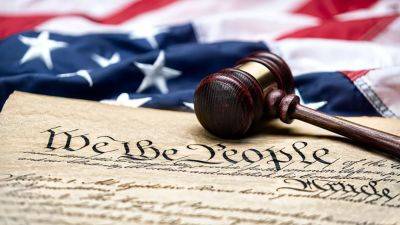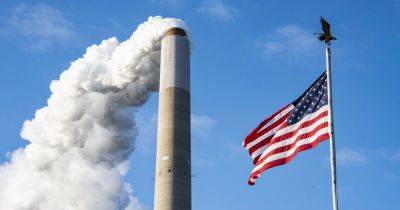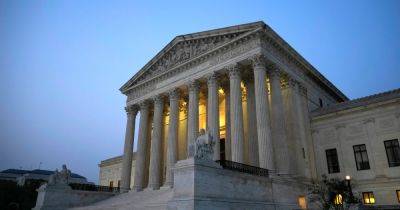Indigenous leaders brace for Supreme Court's child welfare law decision
It'll be a pivotal decision either way.
Indigenous people across the country are bracing for a potentially landmark opinion from the Supreme Court of Canada, which will decide Friday whether the Trudeau government's Indigenous child welfare law is constitutional.
Indigenous leaders hope Canada's top court, after deliberating for more than a year, will uphold Indigenous Peoples' authority over their kids, but they're aware the court could reject the law, dealing a devastating blow to their quest for self-determination.
«This is a very key moment,» said Natan Obed, president of the Inuit Tapiriit Kanatami national advocacy organization.
He added that this piece of legislation affects the lives of First Nations, Inuit and Métis children in a way that dwarfs all others.
Bill C-92, An Act Respecting First Nations, Métis and Inuit Children Youth and Families, became law in 2019. It affirms Indigenous nations have jurisdiction over child and family services and outlines national minimum standards of care.
The Quebec government opposed the law on jurisdictional grounds, arguing Ottawa overstepped its constitutional authority, infringed provincial jurisdiction and effectively recognized Indigenous Peoples as a third order of government.
The Quebec Court of Appeal found the statute constitutional except for two clauses that say Indigenous laws have the force of federal law and will prevail over conflicting provincial laws. Ottawa appealed to the Supreme Court.
Obed, who advocates for 65,000 Inuit in Canada, said he is disappointed and troubled by Quebec's bid to annul the law.
«What we see here are colonial echoes of nation-state policies that don't uphold our existing rights,» he said.
«I hope the Supreme Court sees these things for what







